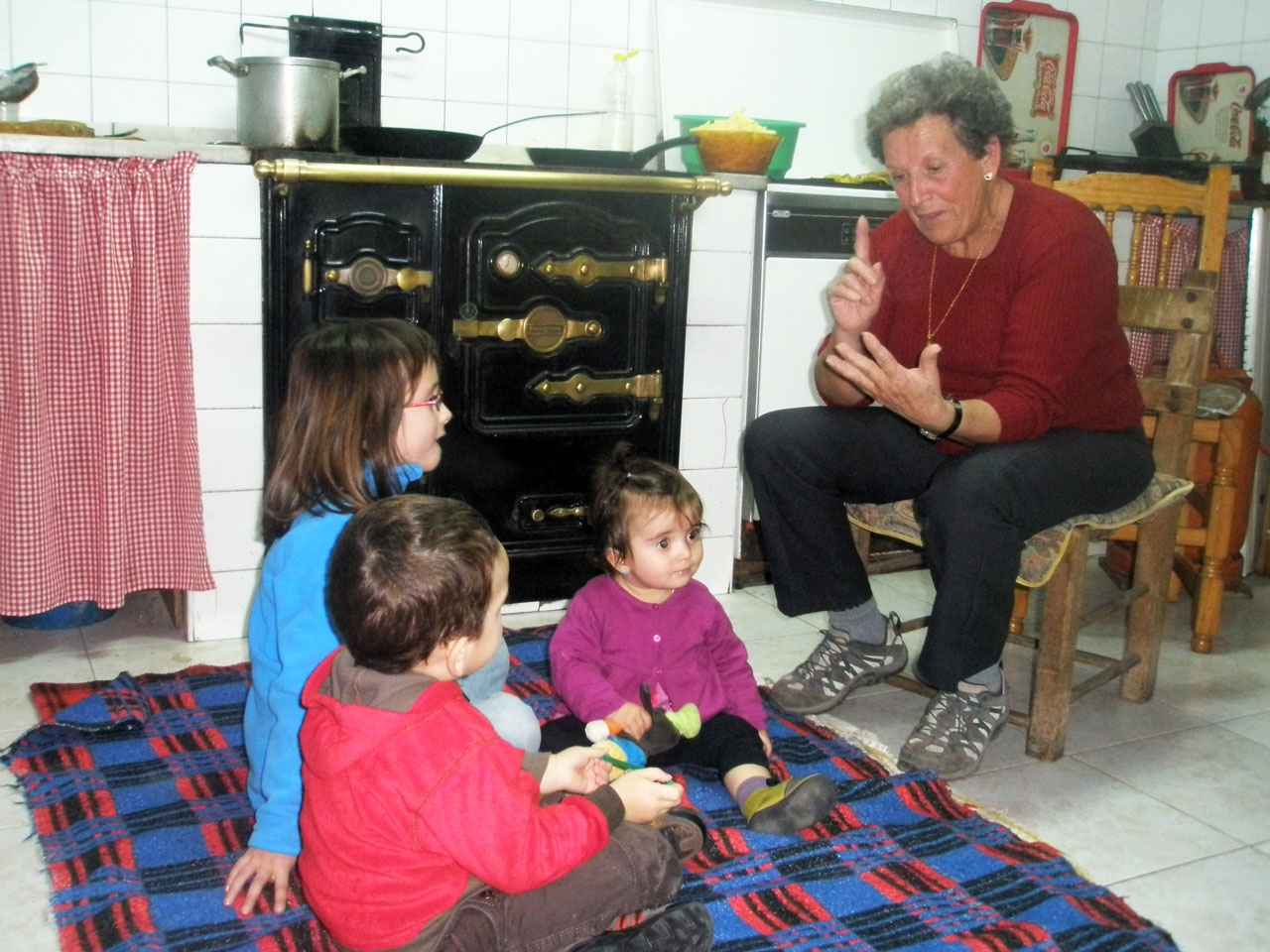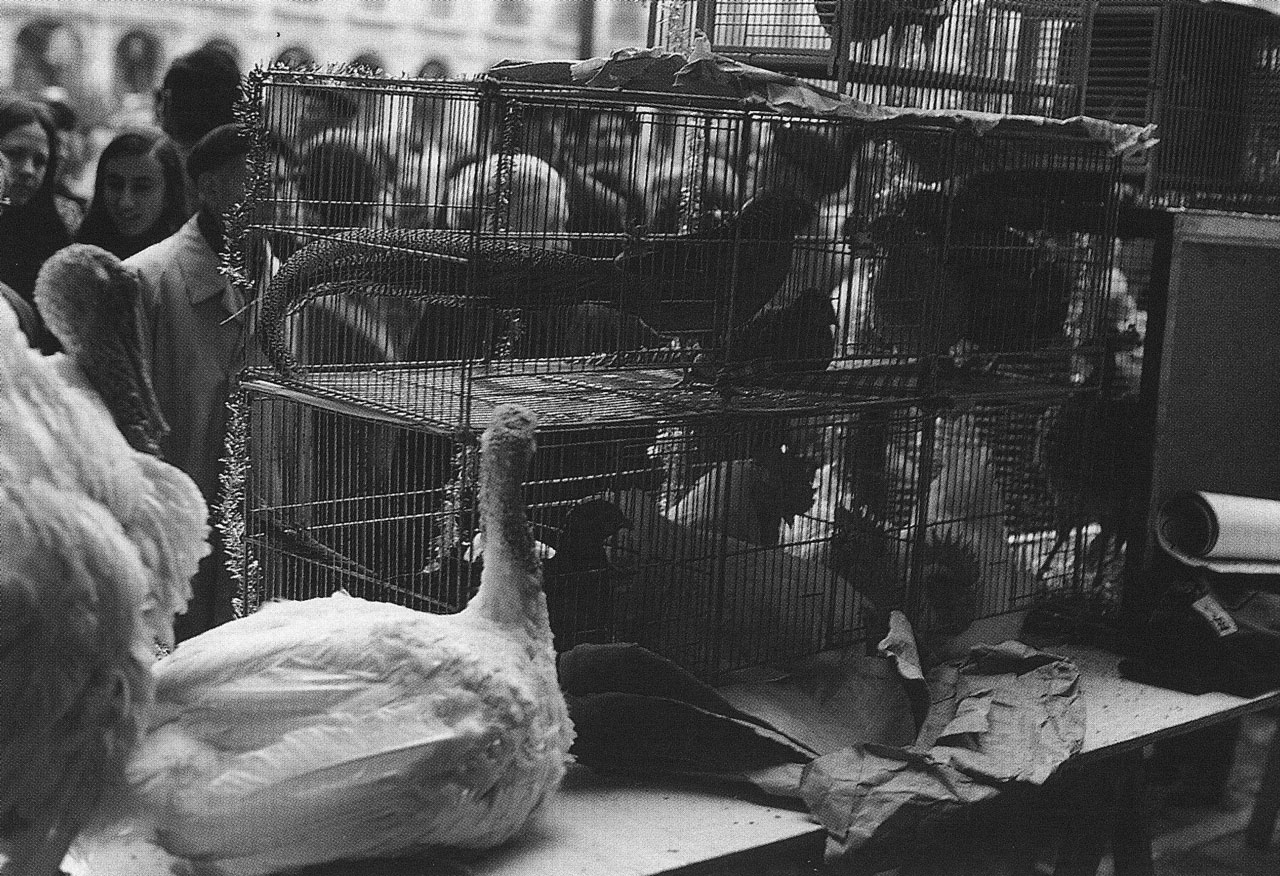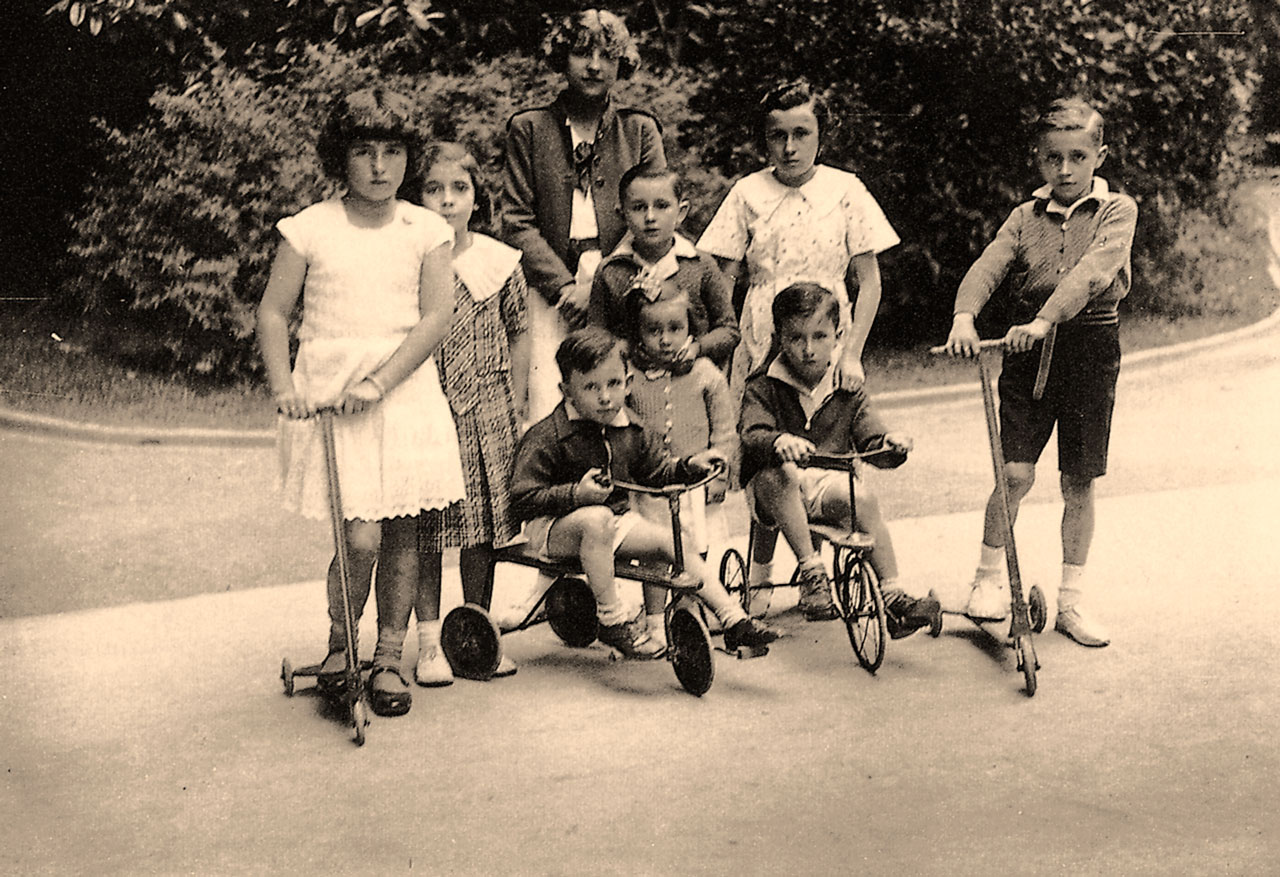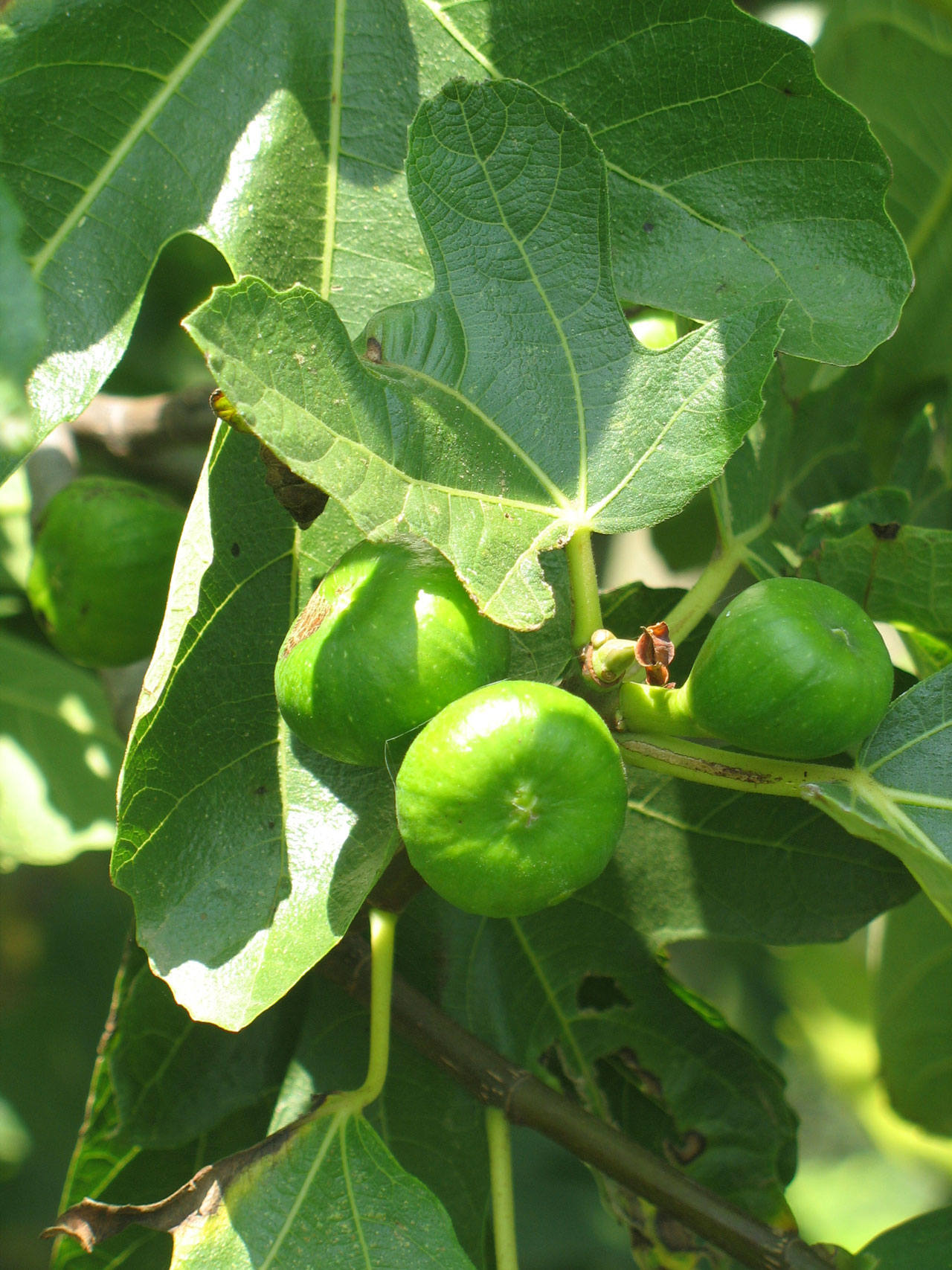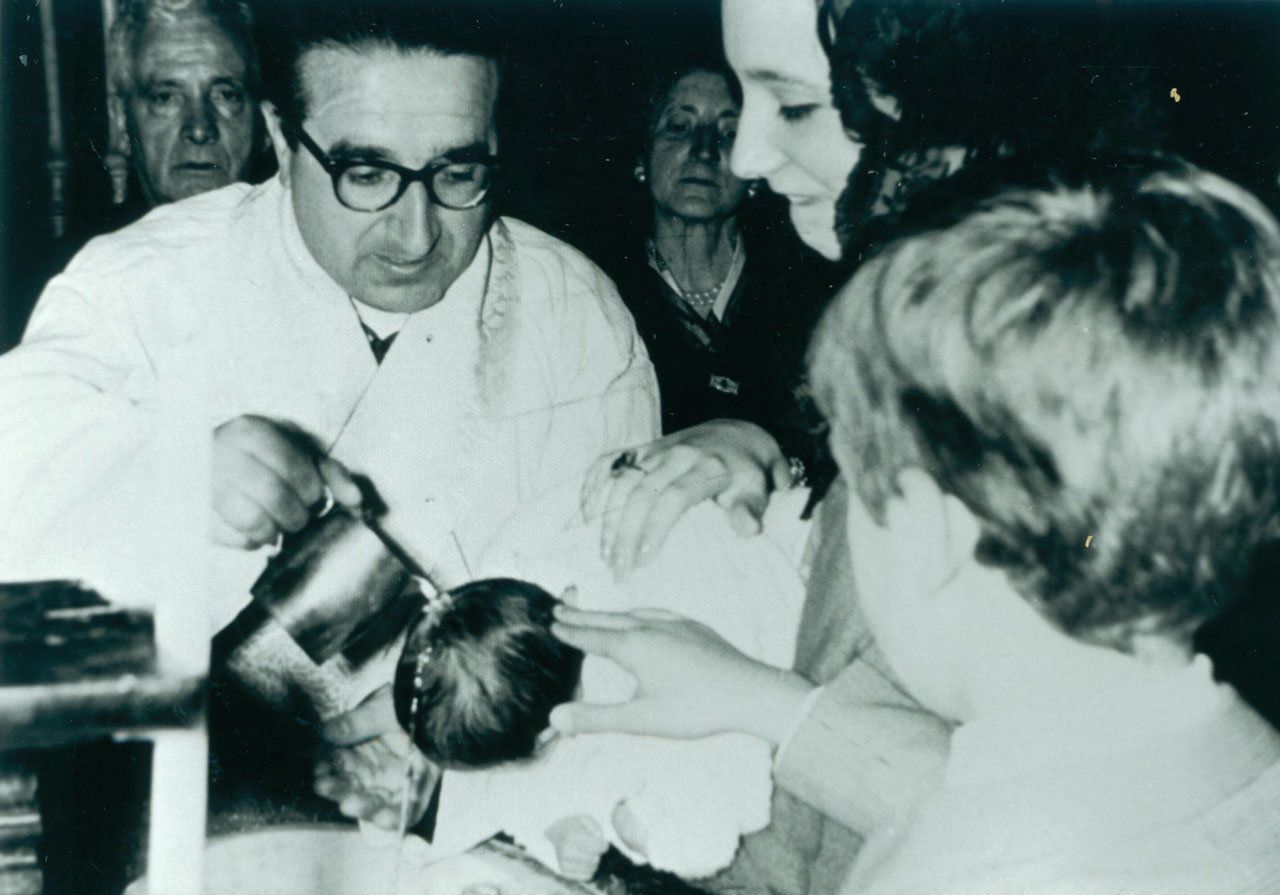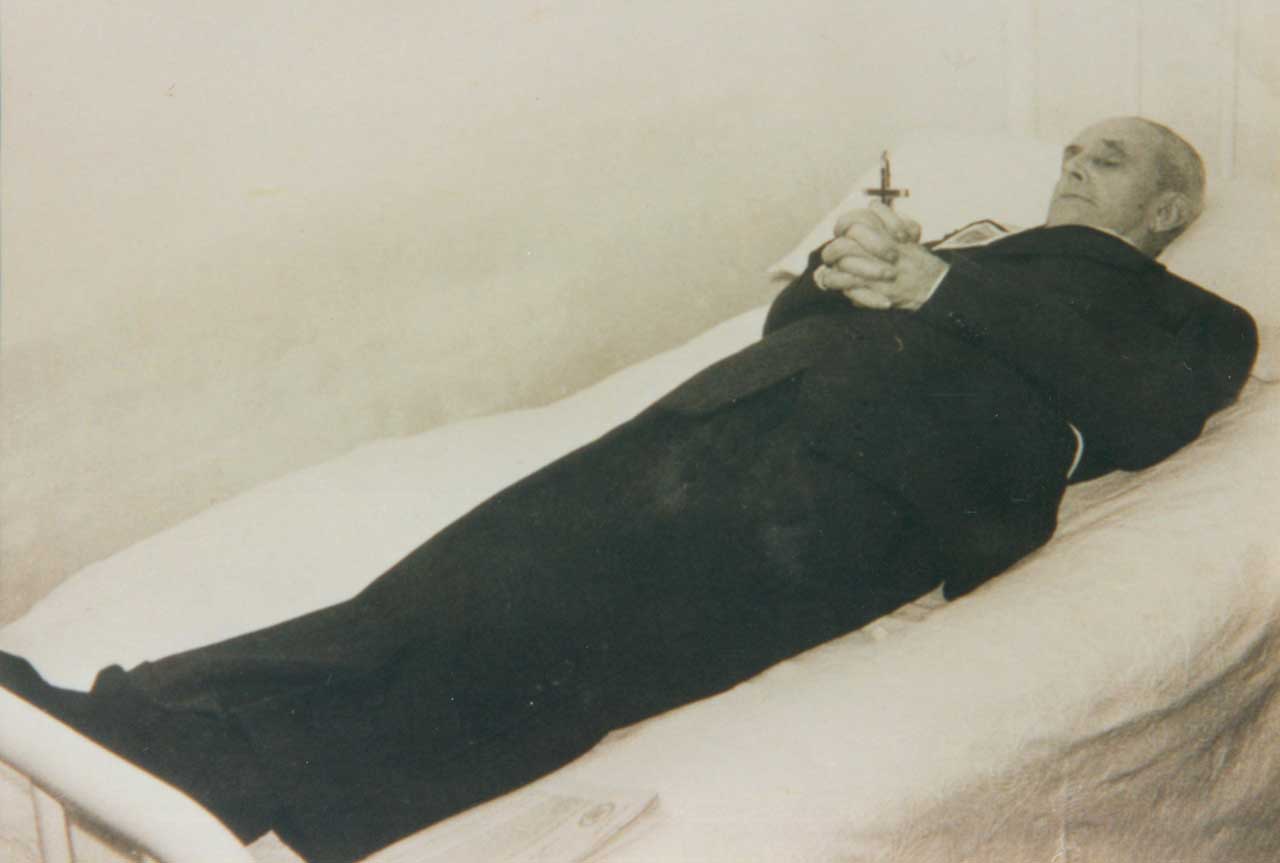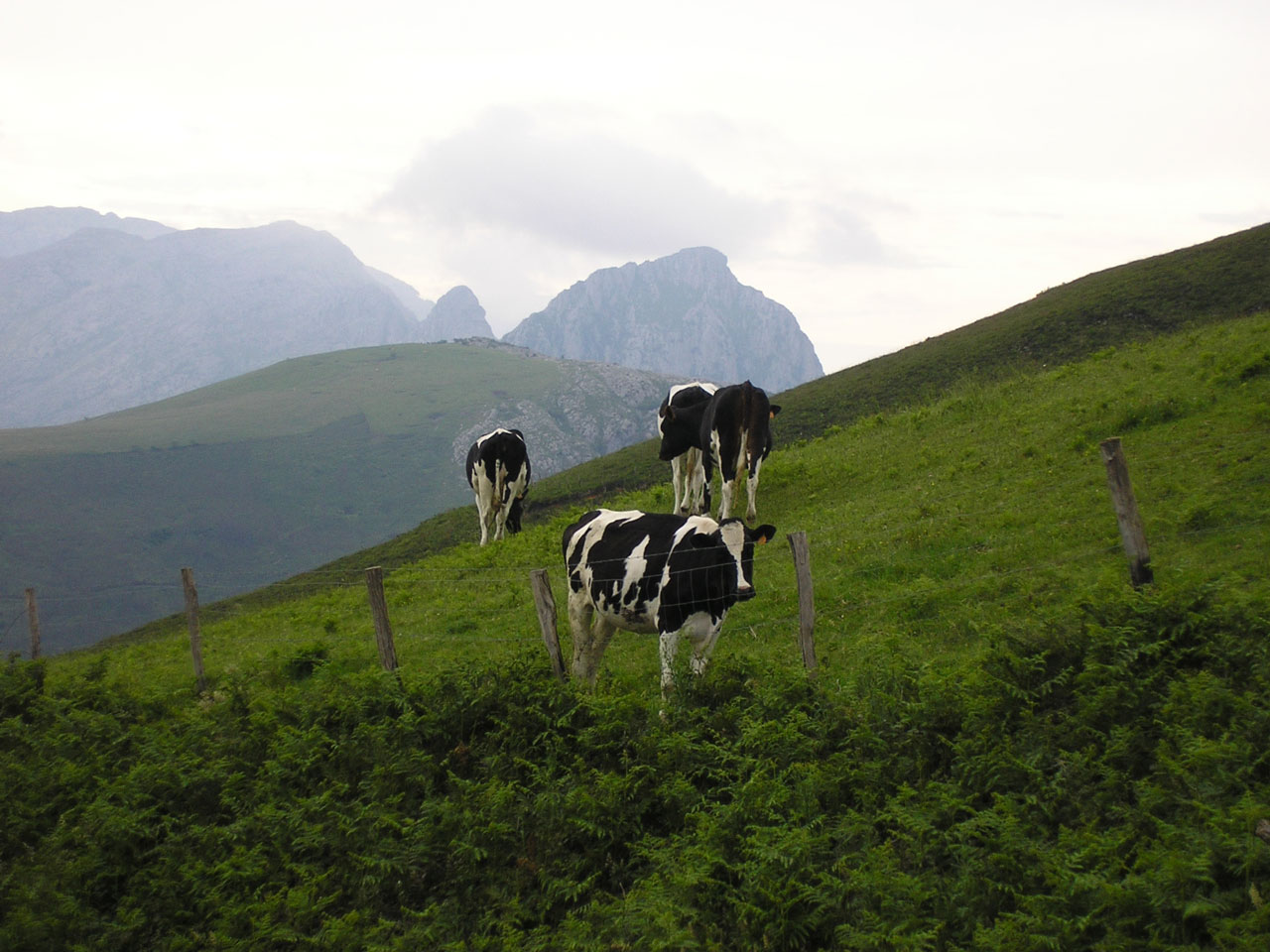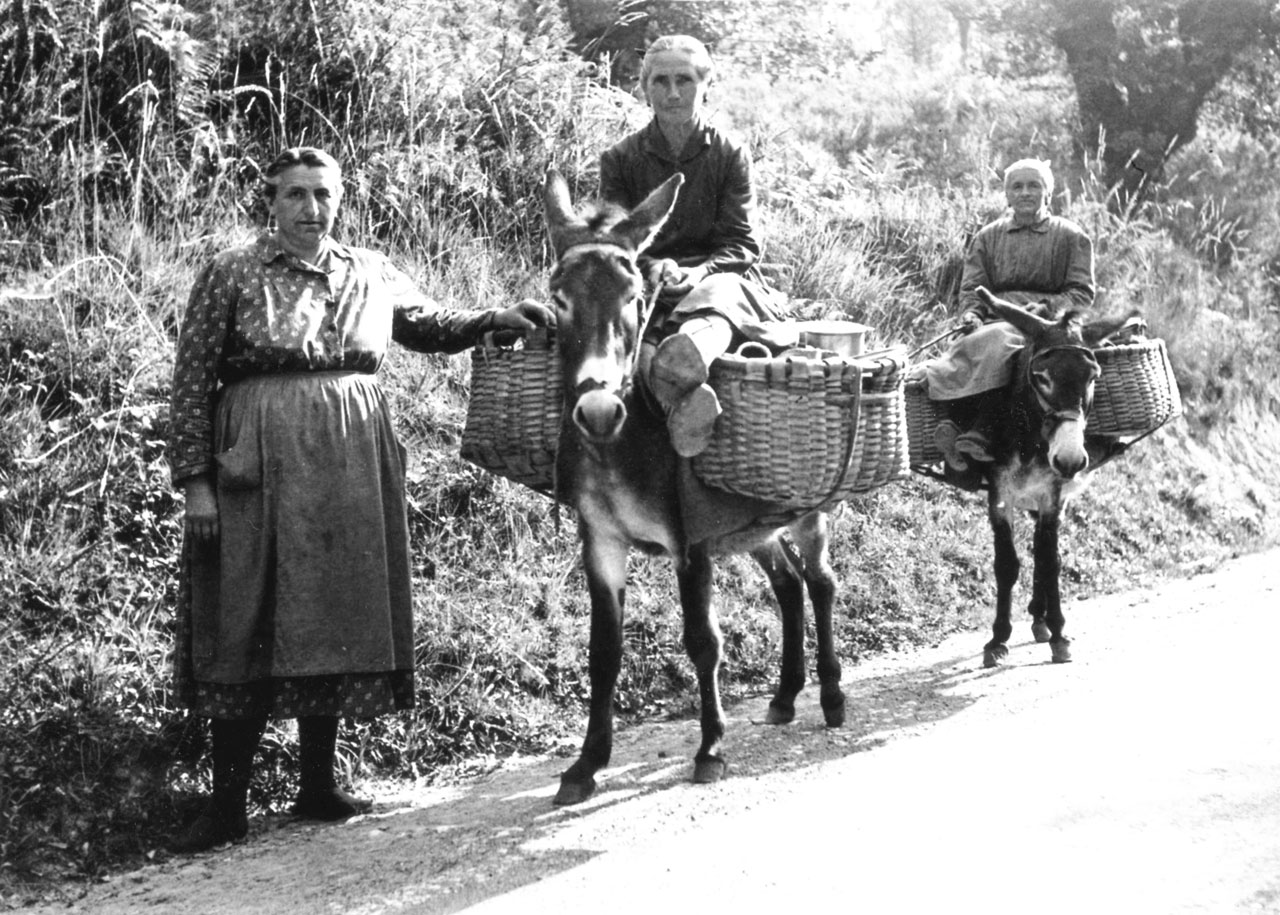Main Page/en
De Atlas Etnográfico de Vasconia
Revisión del 15:01 10 feb 2020 de Admin (discusión | contribuciones)
Grandmother and grandchildren. Urduliz (B), 2011. Source: Akaitze Kamiruaga, Etniker Euskalerria Groups.
House and Family in the Basque Country


House and Family in the Basque Country
The traditional Basque family is noted for a type of clearly defined feminism, which can be seen from the application of the right of the first-born to inherit regardless of their sex, the common ownership of property brought to the marriage by the spouses, their equal standing in civil law, and the woman’s status as the head of the household in the domestic religious life, the cultural rites of the home, of the church and of the family burial ground.
Family Diet in the Basque Country


Family Diet in the Basque Country
Aza-olioak pil-pil, bisigua zirt-zart, gaztaina erreak pin-pan, ahia goxo-goxo, epel-epel. Traditional Christmas song
Children riding scooters and tricycles at Florida Park. Source: Municipal Archive of Vitoria-Gasteiz: Ceferino Yanguas.
Children’s Games in the Basque Country


Children’s Games in the Basque Country
Humans play games throughout their lives; however, that activity has a clearly different role for children and adults.
Traditional Medicine in the Basque Country


Traditional Medicine in the Basque Country
Verrugas tengo, verrugas vendo, aquí las dejo y me voy corriendo.Formula against warts
Rites from Birth to Marriage in the Basque Country


Rites from Birth to Marriage in the Basque Country
After giving birth, women would remain confined for a period that ended with the rite of being churched, elizan sartzea.
Funeral Rites in the Basque Country


Funeral Rites in the Basque Country
A small group of neighbours would watch over the corpse in turns during the night and make sure that the light burning next to it did not go out.
Cattle on common pastures. Carranza (B), 2007. Source: Luis Manuel Peña, Etniker Euskalerria Groups.
Livestock Farming and Shepherding in the Basque Country


Livestock Farming and Shepherding in the Basque Country
Communities in areas where livestock has been the fundamental basis of their way of life consider Saint Anthony Abbot as the main protector of the health and fertility of the animals.
Agriculture in the Basque Country


Agriculture in the Basque Country
Our rural folk and our ancestors knew and practised agriculture on a more human scale and from a more holistic approach; it is not only the yield that matters, but also the complex network of physical factors and human beings involved in an activity that is actually based on cultivating the life that feeds us.
